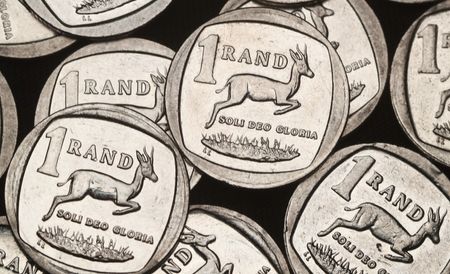By Vuyani Ndaba
JOHANNESBURG (Reuters) – The South African Reserve Bank will hike its repo rate to 4.25% next week to try to slow inflation, according to a Reuters poll of economists who said prices could rise faster than they had expected before Russia’s invasion of Ukraine.
Fifteen of 19 economists polled in the last week predicted the repo rate would rise by 25 basis points to 4.25% on March 24, while the remaining four said it would be left unchanged.
The poll predicted inflation would average 5.5% this year, up from last month’s survey consensus of 5.0% and near the top of the SARB’s 3-6% target range. It is forecast to average 4.4% in each of the following two years.
However, eight of nine economists who answered an additional question said there was a high risk of further upgrades to medium-term inflation forecasts in the coming months.
“Supply challenges and bottlenecks that faced the globe from the onset of the COVID-19 pandemic now look to worsen, regardless of whether tensions between Russia and Ukraine calm down in the coming weeks,” Jeffrey Schultz, economist at BNP Paribas, said.
The survey echoed last month’s findings when economists said the SARB would step up the pace of its tightening cycle and raise its repo rate for the second consecutive month next week, with additional increases likely in the second and third quarters.
“The war’s effects are also likely to have a more persistent, elevated effect on inflation and so has bolstered market expectations of interest rate hikes in South Africa,” said Annabel Bishop, economist at Investec.
Disruptions caused by the war in Ukraine could also challenge a strong global trade recovery, the World Bank said, although talks of compromise from both Moscow and Kyiv lifted hopes on Wednesday for a potential breakthrough after three weeks of war.
The economy was expected to grow by 1.9% this year before slowing to 1.8% for the next two years. Last week, Statistics South Africa confirmed GDP grew 4.9% in 2021 compared to a 6.4% contraction in 2020.
The U.S. Fed on Wednesday raised interest rates for the first time since 2018 and laid out an aggressive plan to push borrowing costs to restrictive levels next year.
(For other stories from the Reuters global economic poll:)
(Reporting and polling by Vuyani Ndaba; editing by Barbara Lewis)











